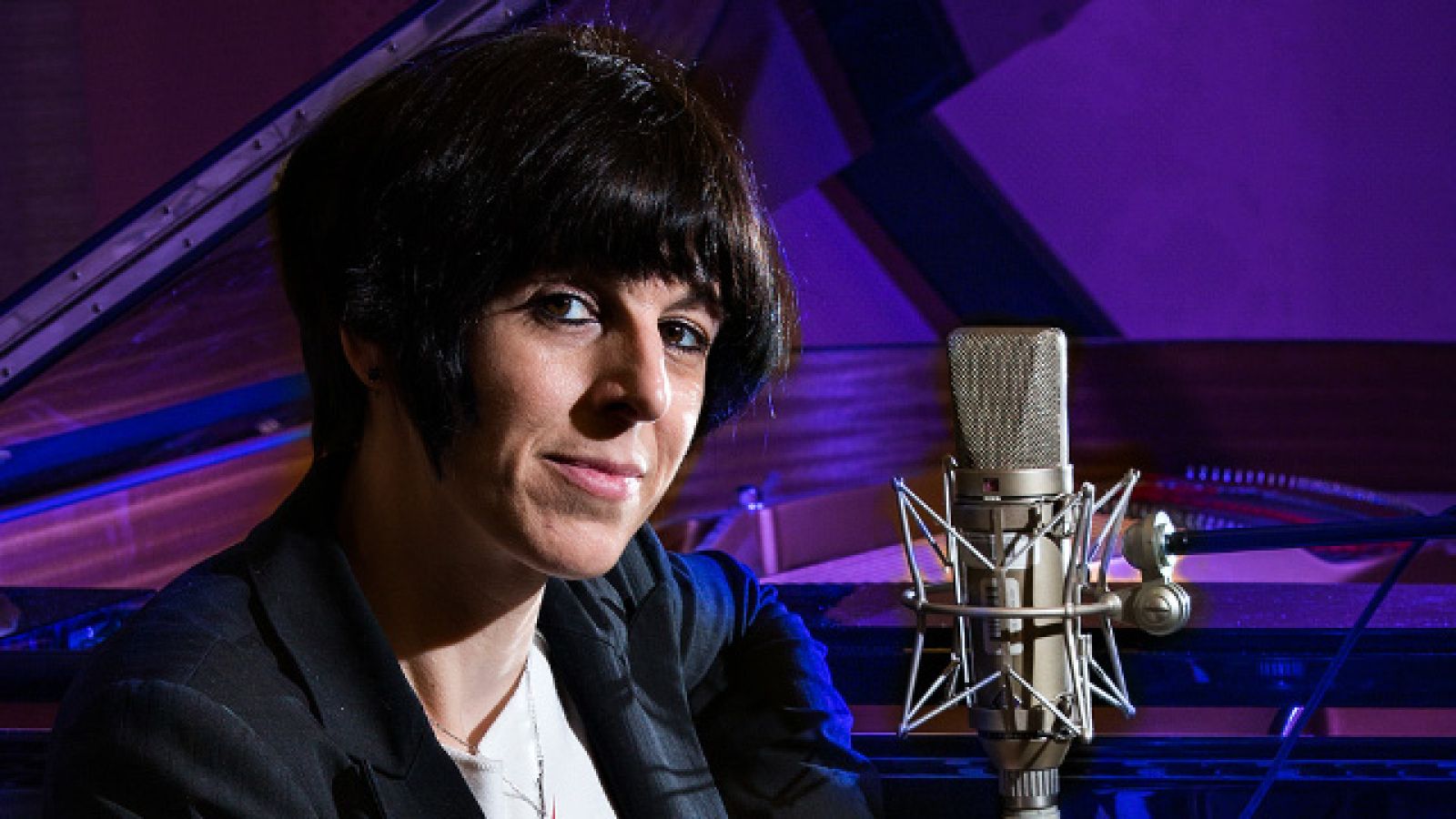ANU music scholar highlights unsung anarchist punk studio history at international conference

Associate Professor Samantha Bennett, ANU School of Music
Music scholar Associate Professor Samantha Bennett is determined to ensure that punk rock historiography appreciates the importance of a largely forgotten north London recording studio.
The Australian National University (ANU) School of Music academic will use her keynote speech at this month’s Keep it Simple Make it Fast (KISMIF 2016) international punk conference in Portugal - whose other speakers include legendary musicians Billy Bragg and Don Letts - to explain Southern Studios and its distinctive sound.
That sound was captured by its founder and sound engineer John Loder, who built the studio in a garden shed and his lounge room at a house at Wood Green in the late 1970s.
“The band that recorded there more than any other was CRASS, a British punk band who are widely thought of as one of the UK’s most influential and subversive independent punk bands,” Dr Bennett says.
“Loder went on to record Steve Albini’s band Big Black, Fugazi, Ministry, The Jesus and Mary Chain, Babes in Toyland and a whole range of other underground, subversive, deeply political and alternative musicians.”
“He recorded music that other established labels and studios wouldn’t touch, because of the controversy surrounding it.”
While researching her book Modern Records, Maverick Methods, Associate Professor Bennett learned there was nothing published about Southern Studios or Loder, who died in 2005.
“I was really taken aback by this gap in popular music historiography. Southern Studios and John Loder were vital to the enduring sound of punk and alternative musics.”
Associate Professor Bennett filled that gap by including Loder in her book, and also with a separate, in-depth paper that charts the studio’s rise and fall, which she was invited to present as a Keynote paper at the KISMIF conference in Portugal.
Her research included meeting some of the former members of CRASS, who still live in a commune in northeast London, as they have done since the mid-1960s.
“Southern Studios had this special sound and attitude and the establishment wouldn’t touch it, until they did,” Associate Professor Bennett says, wryly observing how the British mainstream has embraced punk music.
“In London this year there are ‘Punk 40’ celebrations including an exhibition at the British Library and projects funded by the Mayor of London’s Office and the British National Lottery.
“Punk has been embraced in a nostalgic and sentimental way by the very establishment that was so threatened by it 40 years ago, that feared it because they considered punk as mediating a violent uprising by the working class.”
“Now punk is recognised as something special and integral to our culture. Punk’s embraced worldwide and is a global phenomena – recent writing has recognised punk bands in Tajikistan and Malaysia.”
After the conference, Associate Professor Bennett will also give a lecture to a graduate summer school in Portugal on her analysis of the Sex Pistols, particularly their lyrics and sonic and sound aesthetic, based on her 2015 article in Popular Music and Society.
Find out more about the range of study options at the ANU School of Music, and visit the School during ANU Open Day, 27 August.